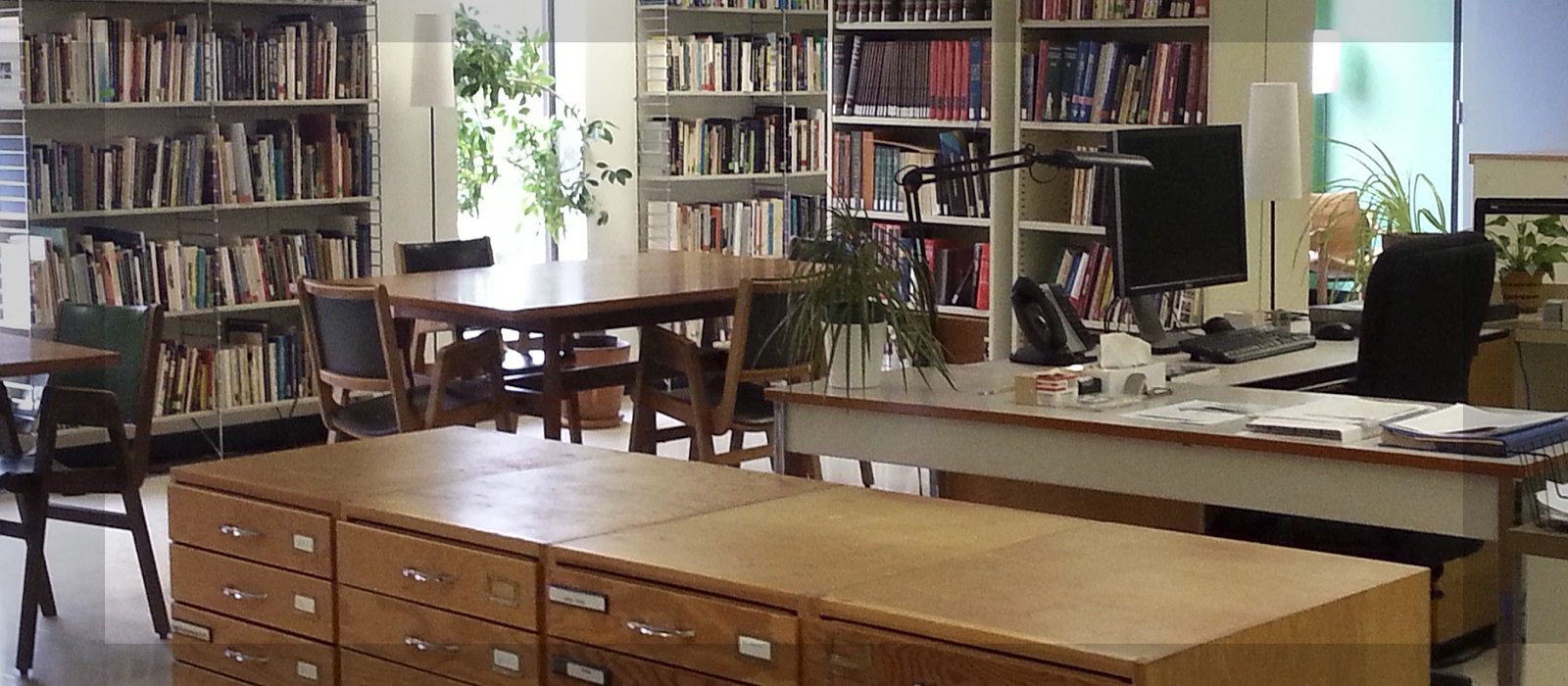Policy on Borrowing School Resources
The School for Studies in Art and Culture has a wide variety of equipment and resources. Our policy is to provide these resources and equipment for educational, study and research purposes only, restricting their use to faculty, staff and students within the School.
In order to maximize the equitable and efficient use of limited resources, the School for Studies in Art and Culture has adopted a number of policies. These policies will be reviewed periodically to ensure that they continue to reflect the curriculum and research needs of the School.
General Principles
Audiovisual materials will not normally be available for lending. However, they may be consulted in the AVRC and reserved for use in class. Any external use will be at the discretion of AVRC staff and will vary according to the needs of the three units that make up the School, Art & Architectural History, Film Studies and Music.
The staff of the School’s Audio-Visual Resource Centre must be consulted before incorporating student use of the School’s audiovisual material into curricula. This will facilitate student use of the School’s resources and ensure that the AVRC staff has an opportunity to go over the relevant policy and procedures with individual instructors.
Reproduction of material in the School’s collection that is under the stewardship of the AVRC is strictly prohibited unless expressly stated otherwise.
Borrowing of Resource Materials
Borrowing Films (Blu-rays, DVDs)
Film Studies instructors/faculty can borrow films at will. A two-week borrowing period applies to all films, though extensions may be arranged. New faculty and instructors are encouraged to ask AVRC staff for help with finding and retrieving material.
All material borrowed must be checked out using your film database account.
Other School instructors/faculty may borrow films in accordance with the above policy and procedures and must agree to the prompt return of material should it be needed by a Film Studies colleague.
Upper-level students may also work with films in the School’s collection but must first meet the following requirements:
- They are a student registered in an upper-level Art & Architectural History, Film Studies or Music course or in one of the School’s MA programs, who requires close study of a film for a course-required assignment, seminar presentation or for independent research purposes, are aware of our policy and procedures and have an active film database account. Normally a 72-hour loan period can be accommodated.
- They are a Cultural Mediations student who requires close study of a film for a course-required assignment, seminar presentation or for independent research purposes, are aware of our policy and procedures and have an active film database account. Normally a 72-hour loan period can be accommodated.
For a detailed description of procedures for student seminar presentations, please see our Procedures for Student Presentations/Seminars.
There will be no re-screening of films for reasons other than those provided above, unless expressly advised by the Instructor concerned.
Older film formats (e.g. VHS, laser disc, 16mm) are to be consulted on site by appointment only. Special arrangements may also be made to reserve older formats for screening in class or for special lectures/events.
Borrowing of Slides
Art & Architectural History instructors/faculty can borrow slides from the legacy collection at will, using red cards with borrower’s initials to mark the place of the slide in the drawers. There is no due date for this material, though instructors/faculty are strongly encouraged to return slides once they are no longer needed. New faculty and contract instructors are encouraged to ask AVRC staff for help with finding and retrieving slides.
Other School and University instructors/faculty can borrow slides from the legacy collection. Visitor red cards with the borrower’s initials need to be placed in the drawers to mark the borrowed slide(s). A Slide Loan Form must be filled out in full with all relevant contact information and a due date noted.
Students, alumni and members of the general public are welcome to work with slides in the AVRC (460 SP) at any time during regular hours of operation. Red cards need to be placed in the drawers to mark the place of the removed slide(s). A selection of slides for ongoing consultation may also be set aside. A form noting relevant contact and course information will need to be filled out and kept with the slides.
Borrowing Books from the AVRC Library
All School instructors/faculty and students with an AVRC Library account can borrow books from the general collection. Default loan period is 30 days with up to 2 renewals.
Borrowing Equipment
In general, equipment owned and maintained by the School is not to be loaned to students or to external individuals or organizations.
Students enrolled in Film Studies Moving Image Practice I/II may borrow video camera kits. The instructor concerned must provide a list of all students registered in the above before arrangements to borrow a camera kit can be made through the AVRC’s Cataloguing and Access Services Co-ordinator. All borrowers are required to follow the AVRC Equipment Loan Policy and abide by the terms of the AVRC Equipment Loan Agreement. Initiate a loan request by submitting the AVRC Equipment Loans form.
Please note that there is also a Media Commons on Campus which features multimedia creation suites and video camera kits for loan.
Instrument and equipment loans are available to Carleton Music students, faculty and staff, subject to approval. Arrangements to borrow music instruments or equipment must follow the Music Instrument and Equipment Lending Process and abide by the Music Instrument/Equipment Loan Policy. Prospective borrowers should begin by submitting a request by filling out the Instrument and Equipment Loans form.
